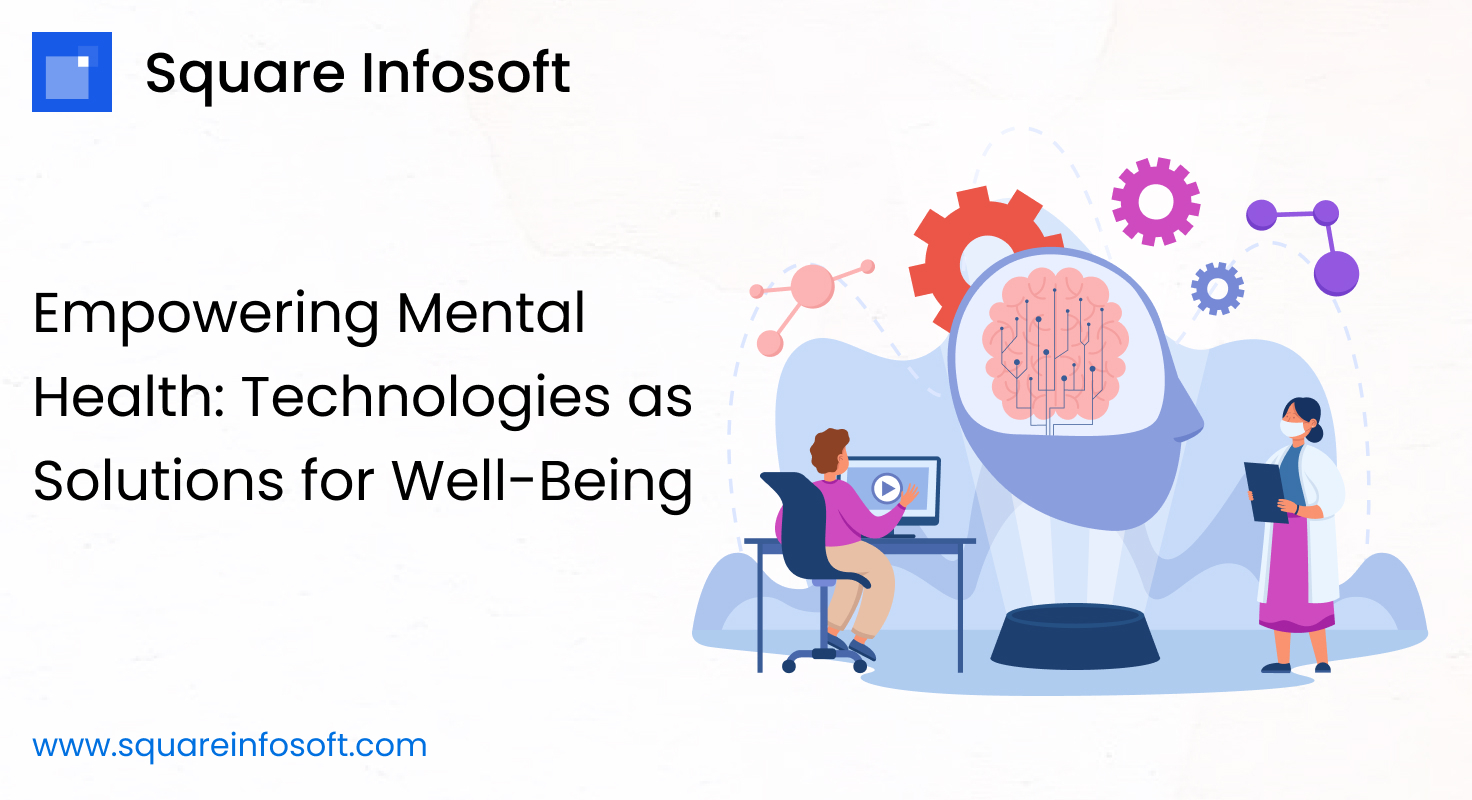Node.js is a powerful runtime environment that allows developers to build scalable and efficient applications. Here are some of the advantages of using Node.js for app development:
- Asynchronous and Non-blocking: Node.js follows an event-driven architecture and uses a non-blocking I/O model. This means that it can handle a large number of concurrent connections without consuming excessive resources. The asynchronous nature allows for faster processing of requests, making it ideal for building real-time applications like chat apps or streaming services.
- JavaScript Everywhere: Node.js enables developers to use JavaScript for both frontend and backend development. This eliminates the need for context switching between different programming languages, making the development process more seamless and efficient. JavaScript is widely known and has a large community, providing an extensive ecosystem of libraries, frameworks, and tools.
- High Performance: Node.js is built on the V8 JavaScript engine, developed by Google, which compiles JavaScript code directly into machine code. This results in excellent performance and faster execution of applications. Additionally, Node.js utilizes a single-threaded event loop, enabling it to handle concurrent requests efficiently.
- Scalability: Node.js is designed to handle high traffic and concurrent connections, making it highly scalable. It can easily handle thousands of simultaneous connections with minimal overhead. Moreover, Node.js applications can be horizontally scaled by adding more servers and utilizing load balancers.
- NPM (Node Package Manager): Node.js comes with NPM, a powerful package manager that provides access to a vast range of open-source libraries and modules. NPM allows developers to easily integrate third-party packages into their applications, accelerating development and reducing the need for reinventing the wheels.
- Real-time Web Applications: With the help of frameworks like Socket.io, Node.js enables the development of real-time web applications. It facilitates bidirectional communication between the server and the client, allowing for instant data updates and seamless integration of features like chat, collaboration, and notifications.
- Community and Support: Node.js has a vibrant and active community of developers, which contributes to its continuous growth. The community provides extensive support, tutorials, and resources, making it easier to learn and troubleshoot issues during the development process.
- Node.js is a runtime environment that allows developers to build server-side applications using JavaScript. It has gained widespread popularity due to several advantages it offers in the development of web and mobile applications. Here are the key advantages of using Node.js for app development:
- Single Language:
- One of the most significant advantages of Node.js is that it enables full-stack development using JavaScript. Developers can use the same language (JavaScript) for both front-end and back-end development, which streamlines the development process, reduces context switching, and promotes code reusability.
- Non-Blocking I/O Model:
- Node.js utilizes a non-blocking, event-driven architecture, which allows it to handle a large number of concurrent connections efficiently. This asynchronous I/O model enables Node.js applications to respond quickly to requests without getting blocked by I/O operations, making it particularly well-suited for building real-time applications, such as chat applications, online gaming platforms, and streaming services.
- Performance and Scalability:
- Node.js is built on the V8 JavaScript engine, which compiles JavaScript code into machine code at runtime, resulting in high performance. Additionally, its non-blocking I/O model enables efficient handling of concurrent requests, leading to improved scalability. Node.js applications can easily handle a large number of concurrent connections, making them suitable for high-traffic websites and applications.
- Rich Ecosystem of Packages:
- Node.js has a vast ecosystem of open-source packages available through the npm (Node Package Manager) registry. These packages cover a wide range of functionalities, including web frameworks, database connectors, authentication modules, and utility libraries. Developers can leverage these packages to accelerate development, reduce boilerplate code, and add features to their applications quickly.
- Cross-Platform Compatibility:
- Node.js is cross-platform, meaning it runs on multiple operating systems, including Windows, macOS, and Linux. This allows developers to write code once and deploy it across different platforms without modification, reducing development time and effort.
- Community Support and Active Development:
- Node.js has a vibrant and active community of developers who contribute to its growth and development. The community provides extensive documentation, tutorials, and resources to help developers learn and troubleshoot issues. Additionally, frequent updates and releases ensure that Node.js remains up-to-date with the latest JavaScript features and industry standards.
- Microservices Architecture:
- Node.js is well-suited for building microservices-based architectures, where applications are composed of small, independent services that communicate with each other via APIs. Its lightweight and scalable nature make it ideal for developing and deploying microservices, enabling developers to build complex, distributed systems that are modular, maintainable, and scalable.
- Real-Time Web Applications:
- Node.js is particularly well-suited for building real-time web applications that require instant communication between the client and server. Its event-driven architecture and support for WebSockets enable developers to create interactive and collaborative applications, such as chat applications, online gaming platforms, and live data dashboards, with ease.
In summary, Node.js offers numerous advantages for app development, including its asynchronous and non-blocking nature, JavaScript ubiquity, high performance, scalability, NPM package manager, support for microservices, real-time capabilities, and a thriving developer community rich ecosystem of packages, cross-platform compatibility, strong community support, suitability for microservices architecture, and excellent support for real-time web applications. These make Node.js a popular choice for building modern web and mobile applications.
- Node.js is particularly well-suited for building real-time web applications that require instant communication between the client and server. Its event-driven architecture and support for WebSockets enable developers to create interactive and collaborative applications, such as chat applications, online gaming platforms, and live data dashboards, with ease.




